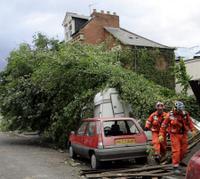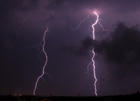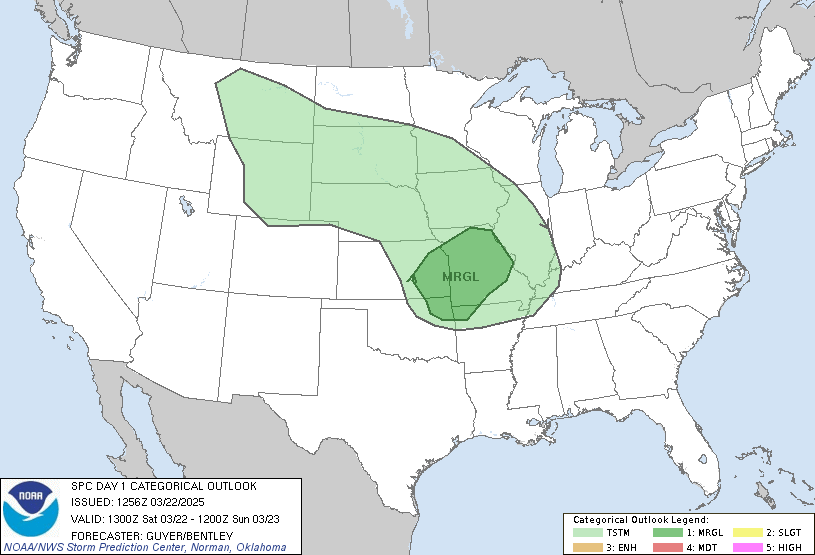 First the British people have to deal with a rash of Terrorism, now they get 120mph Tornados in Birmingham, England. Yesterday, a tornado touched down flipping cars, ripping off roofs and causing chaos in the city. A tornado of this size hasn't hit this area since 1931. Great Britain averages about 33 tornados a year during the summer season when the warm humid air mixes with cold fronts to produce the storms. That sounds familiar. Good news is that is seems the British have taken down a couple more suicide bombers from the 7/21 attacks today. Don't mess with the British Bulldogs.
First the British people have to deal with a rash of Terrorism, now they get 120mph Tornados in Birmingham, England. Yesterday, a tornado touched down flipping cars, ripping off roofs and causing chaos in the city. A tornado of this size hasn't hit this area since 1931. Great Britain averages about 33 tornados a year during the summer season when the warm humid air mixes with cold fronts to produce the storms. That sounds familiar. Good news is that is seems the British have taken down a couple more suicide bombers from the 7/21 attacks today. Don't mess with the British Bulldogs.The 92L.Invest tropical wave continues its track WNW and doesn't seem to really be getting its act together. Since Franklin continues to meander about in the NE Atlantic, he has been good for something. Franklin continues the streak of 25 days of a named tropical system, going back to July 3rd and Cindy. That's a record for sure. Franklin will soon be gone and we're counting on 92L to keep the streak going. Forecasters seem to have different opinions on whether this system will develop into TD08 and become Harvey or fail to gain strength. The GFS model wants to keep the system as a Tropical Wave into Southern Florida early next week. The Hurricane Hunters are scheduled to go check out the system today at 4pm EST. I don't expect much of an update from the NHC before then.
Here locally, we had one hell of a night of strong thunderstorms in Central, NC. Hail, strong winds, and frequent cloud to ground lighting at a rate of over 4,000 strikes per hour took their time blowing thru the area between 7pm and 11pm EST. I had a fun time trying to get the wife home while guiding her around a huge storm that hit southern Durham and Orange counties. She got home safely before round 2 came through. The lightning show was spectacular.
SCM
*Note - This post is not done by a professional Meteorologist and should not be used for making decisions on safety and protection of property. Always use your local National Weather Service station or the National Hurricane Center for up to date weather information and data.*





No comments:
Post a Comment